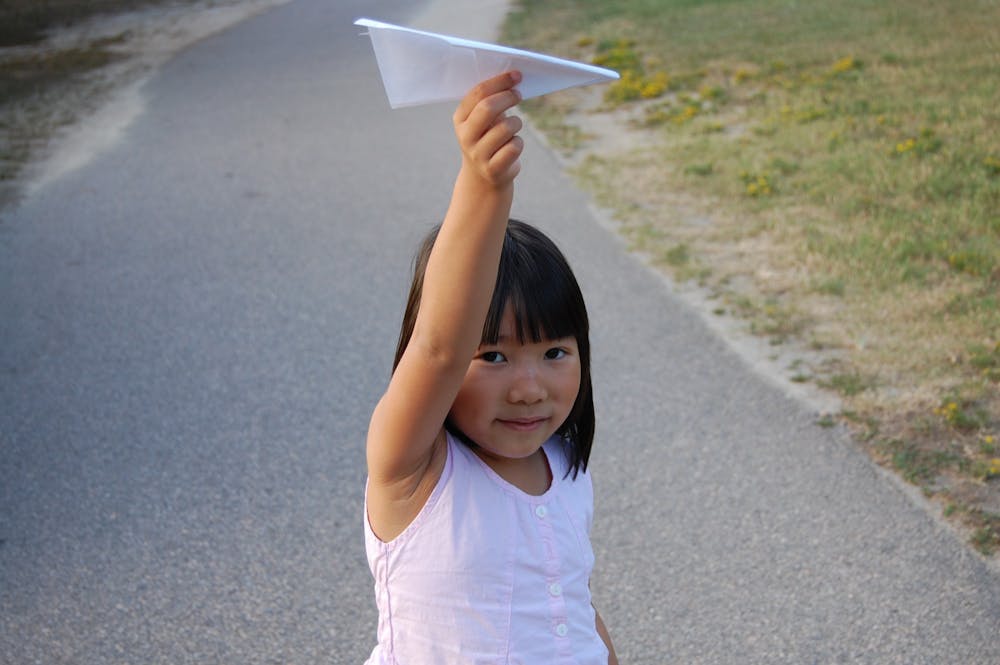Karaoke is a touchy subject.
It’s a staple of the Asian household, yet any second-generation kid shudders in fear at the thought of their parents picking up the mic.
I’ve come home too often to my parents belting their favorite ballads, only to cringe in embarrassment as I retreat to my room each time.
Classics like Cẩm Vân’s "Hà Nội Mùa Này Vắng Những Cơn Mưa" and Lệ Quyên’s "Để Nhớ Một Thời Ta Đã Yêu" always warrant a rendition when they come on shuffle, according to my parents. They loved ballads from the late 90s and early 2000s that made them nostalgic for the Vietnam they grew up in.
My childhood is made up of the Vietnamese house parties my parents used to drag me to, where they would wear out the staple karaoke machine as I hid with the other kids that were forced to come. We bonded over the sound of our parents screeching "Ước gì" as we ate snacks and played video games in camaraderie. The night would end with my sisters and I begging our parents to go home, bored out of our minds and distressed from the many hours spent listening to tone-deaf performances.
Looking back, I overreacted.
In the midst of my immaturity I failed to see the sacrifices they made in lieu of the home they once knew; the music of their generation was the only thing that didn’t cost a plane ticket to retrieve.
When my friends would travel across the country to their grandparents for Thanksgiving and Christmas, my family filled the void with long nights of karaoke and "Paris by Night."
As I’ve grown older, I’ve started to acquire a similar perspective on music: that it is a gateway to the memories we want to remember.



